Satire, Sacredness, and Questioning the Lasting Political Significance of the “Charlie Hebdo” Shootings
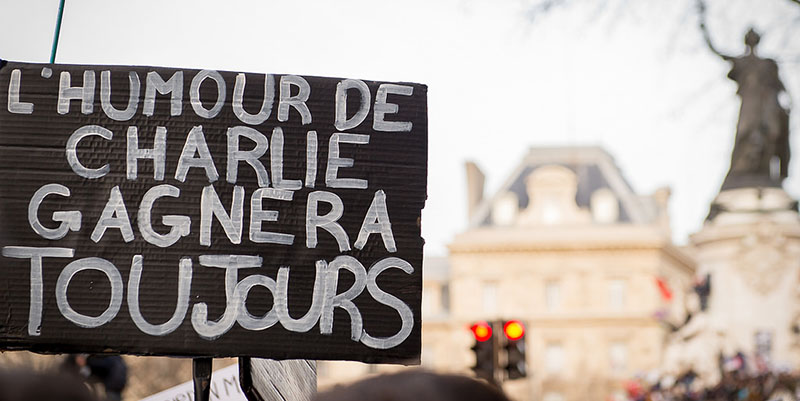
David Feltmate I keep asking myself this question as I read ever more commentary from media pundits and bloggers who are all condemning the killing of 12 people in Paris, France on January 7, 2015: You study religion and satire, can you make sense of this Charlie Hedbo…what do we call it now?
Modern Greece and the Politics of the Sacred

Louis A. Ruprecht Jr. Edmund Burke (1729-1797) referred famously to “the consecrated state.” G.W.F Hegel (1770-1831) spoke of the modern democratic state almost as if it were a “temple” dedicated to human freedom. Both men came to their startlingly spiritual views of modern politics and the modern state by reflecting critically on the French Revolution and its aftermath.
Superhero Afterlife (Abridged)

A. David Lewis is a national lecturer in Comics Studies and an award-winning graphic novelist. He holds a PhD in Religion and Literature from Boston University and is a founding member of Sacred and Sequential. His book, American Comics, Literary Theory, and Religion: The Superhero Afterlife, is now available from Palgrave Macmillan.
Commerce, Commercialism, Commercialization: How Money Gets Spent and Talked About on Holy Land Tours
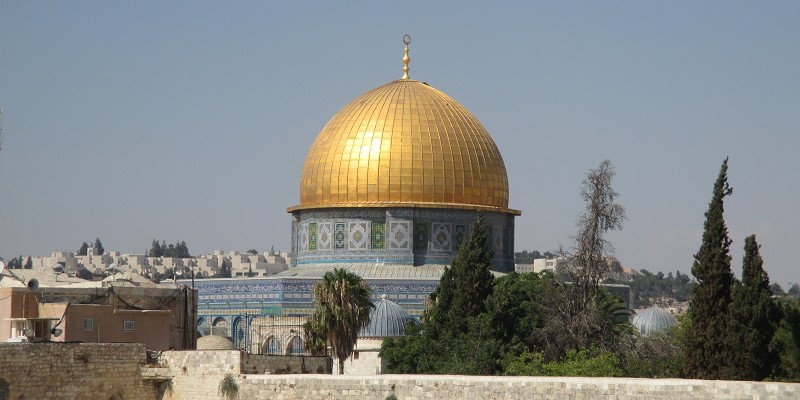
By Hillary Kaell Every year, a quarter-million Christians from the United States walk where Jesus walked, a trip they describe as a physical and imaginative return to the source of their faith…
“Looking” for Spirituality and Truth
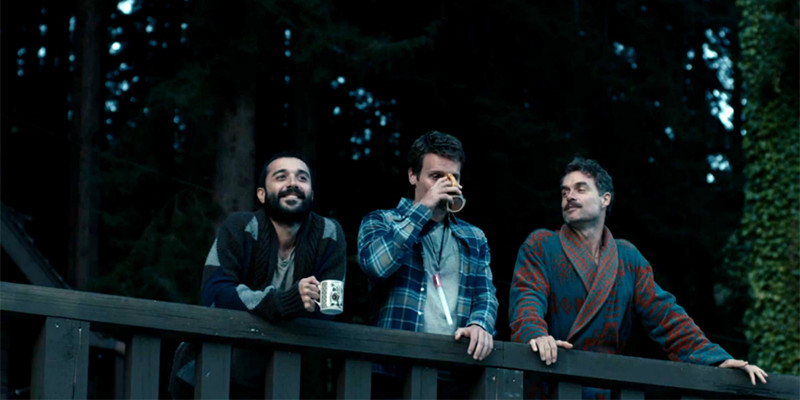
American Gurus: Seven Questions for Arthur Versluis
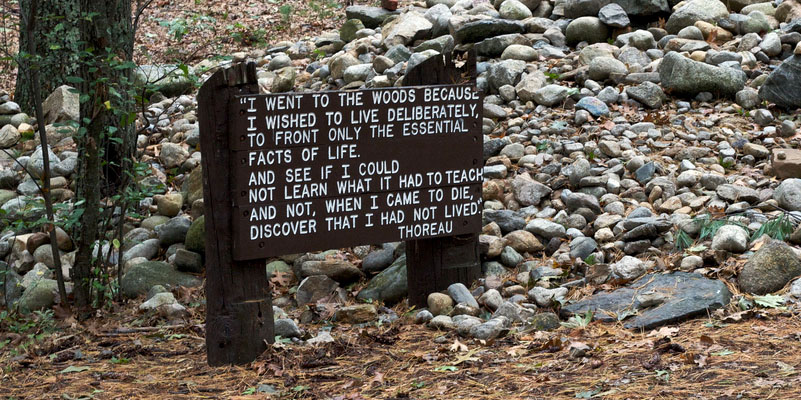
What sparked the idea for writing this book? Why write it now? American Gurus was a long time in the making. I first had the ideas for some of the book when I was working on American Transcendentalism and Asian Religions (1993). In particular, I wanted to look at how Platonism influenced American Transcendentalism.
LSD and the Rabbis: Conclusion
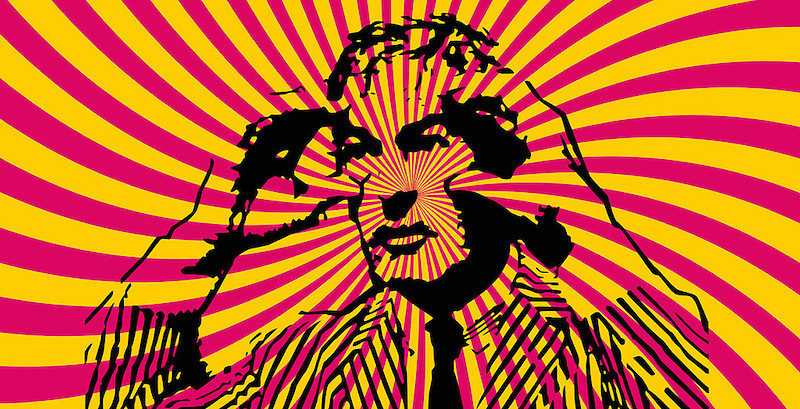
Shalom Goldman As a culturally and politically aware New York City teenager, I knew that there was a buzz among bohemians and literati about LSD use. That in the early 1960s artists, musicians and poets were using psychedelic drugs was not exactly news. And that some of these artists were Jews (in a city a quarter of whose population was Jewish) was not exactly news either.
Seven Questions for Suzanne Glover Lindsay
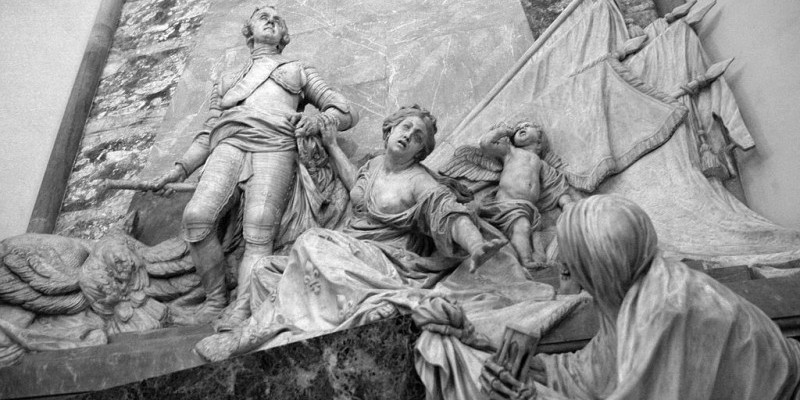
What sparked the idea for writing this book? Like many researchers, I smelled a story in the gaps and disparities within even the newest work on a great topic: nineteenth-century French sculpture. Some of its most famous examples were funerary monuments that were hailed as artistic masterpieces or as key players in France’s political history without any significant reference to their intended purpose as parts of tombs.
Daily Sacred
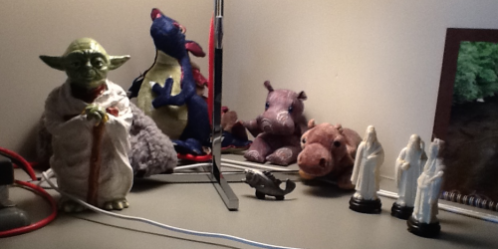
By Suzanne Glover Lindsay These are the guardians and guides who preside over my work at the MacBook from under the desk lamp. Their powers and personalities differ as much as their appearance, which really helps, from my testy Knower-Doer Yoda, to my doe-eyed defender Galahad the Dragon, and the best listeners and judges I know, the Three Sages. This intensely private space vibrates as they encourage thought, ethics, and perspective–especially humor. I thank them each daily.
Religion and DragonCon
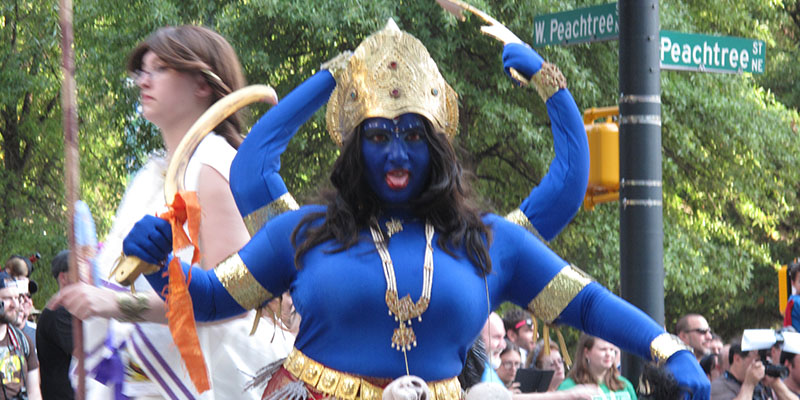
Eric Reinders Every Labor Day weekend, more than fifty thousand people gather in Atlanta to talk about, and dress up as, their favorite fantasies. Naturally, there is religion in all this. It’s mostly Christianity, although not always.
